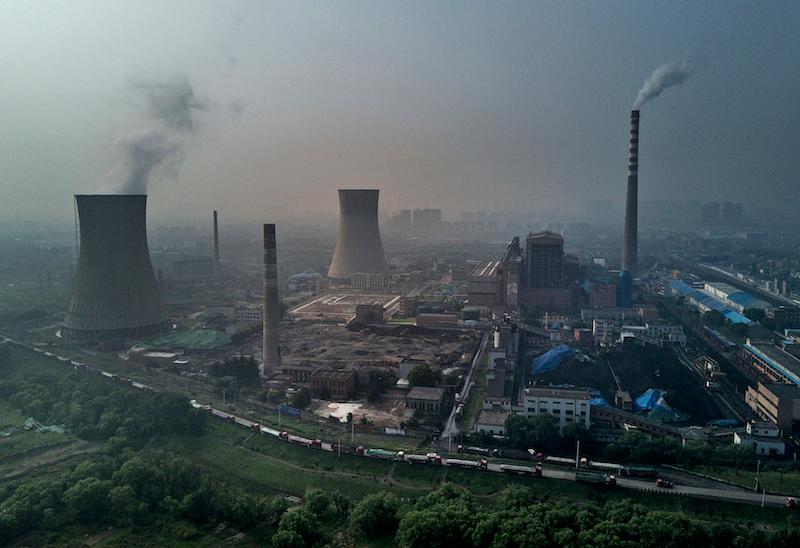Commentary
Despite claims that it would reduce coal use, the Chinese regime has quietly renewed its construction of coal-fired power plants.

Despite claims that it would reduce coal use, the Chinese regime has quietly renewed its construction of coal-fired power plants.